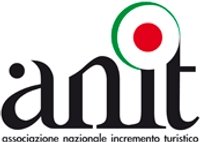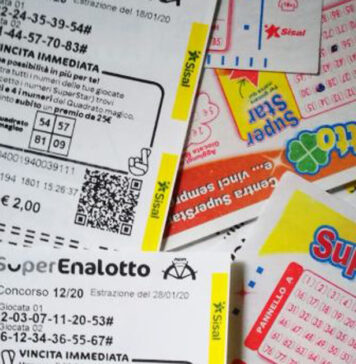
(Jamma) In a note published on its website, Anit, the national association for the increase in tourism, claims the work of raising awareness for a framework law for the reform of public gaming "as evidenced by the recent adhesion of Legautonomie and the associations recognize in the manifesto "Let's get involved" to the proposal that we have been pursuing for several years now with the "kursaal project".
"An idea - continues the association - which updates the historic request of casinos making it compatible with current regulations, albeit promoting a different approach in terms of number and placement of gaming machines and indicating a perspective of "functionality" of the ludic industry with the enhancement of some tourist locations.
The working group set up in Legautonomie - to which we have made a concrete contribution with the presentation of our regulatory scheme - has embraced the concept of regional casinos, making it a welcome promoter among all those associations, including those of Catholic inspiration, which now see favorably a targeted offer of gaming products capable of generating positive effects on the territory. A concept, that of localization through the casino-kursaal format, which Legautonomie also shows to share in the alternative of presenting a popular initiative bill focused on the need to protect public health.
The work begun with Anci – with which we are trying to build a shared path on the various and complex steps that a legislative intervention in the field of games involves – is in fact leading to increasingly convinced support from local and territorial administrations regarding the need to regulate in a more effective and uniform way an economic sector that also produces significant effects on a social and health level. Anit's commitment to the various conferences organized by and with Anci, where a gaming offer model capable of combining entertainment with social utility has been constantly reaffirmed, is attracting converts.
Demonstrating that this model, if correctly interpreted, solves many of the problems that characterize the current legislation upstream: the need to reconcile the needs of protecting public order and safety, safeguarding tax revenues and protecting the consumer with those , typical of local communities, of urban safety, urban planning-building management of the territory, commerce and public health.











